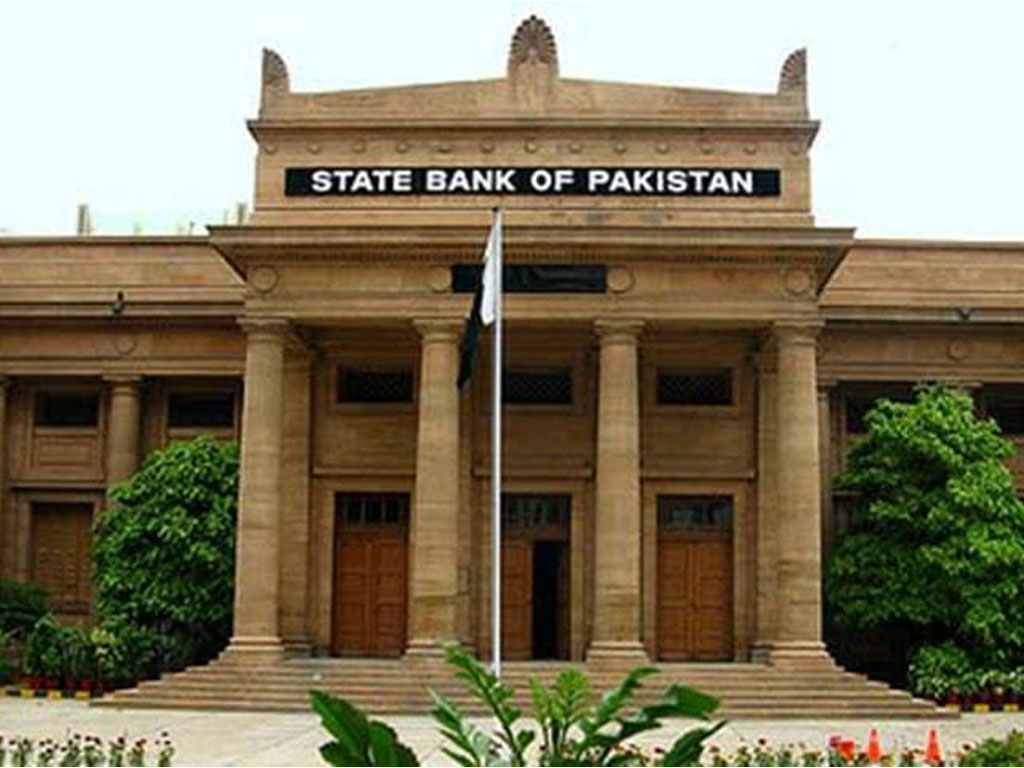SBP acts against discrimination

Commercial banks don't treat their clients alike and would shun those who are not likely to add value to their business activities. In order to discourage this practice, the State Bank of Pakistan on 14th February again asked banks to avoid discriminatory practices against any segment of society, including Politically Exposed Persons (PEPs). In this regard, banks/DFIs have also been advised to display placards in branches at prominent places providing the addresses, phone and fax numbers and e-mail addresses of their focal person to attend to the issues of PEPs. This arrangement should also provide the contact details of focal persons of SBP for resolution of complaints of PEPs through the central bank. Similarly, as per the SBP directive, the banks/DFIs will also be required to display the contact details of the Banking Mohtasib as well. SBP has told banks that denial of financial services is highly undesirable and against the SBP's instructions as the central bank prohibits discrimination on the basis of specific occupation, trade, region, gender and other factors while providing services in normal course of business.
It seems that this is the second time that the SBP is constrained to issue such a circular. In its previous circular dated February 29, 2016, banks/DFIs were also advised to adopt effective and efficient "contact points" for the handling of consumer complaints. At that time also, SBP had emphasized on banks/DFIs to place the "contact points" on the displayed placards to ensure that all the customers were treated equally and well informed of these "contact points" for lodging their general complaints. However, despite these clear-cut directives, complaints have been received that some segments of society, including the legislators are still deprived of complete banking services on the basis of different factors, including their status as PEPs. On the face of it, such a step taken by the SBP appears to be fully justified and in accordance with its strategy to foster financial development which is key to raising the saving rate in economy and accelerating the economic development and growth in the country. Both the financial development and national financial inclusion strategy adopted by SBP appear to be the right measures to achieve the desired objective of spurring growth and promoting economic welfare of society.
However, while the objective of the SBP circular may be noble and illustrious, it needs to be probed why the banks/DFIs indulge in a practice which is openly discriminatory and against the principle of uniform treatment. An answer to this question could be found in the country's history which shows, among other things, the habit of PEPs and legislators to exert pressure on banks/DFIs through various sources to have their loans and interest payments written-off.
The bankers know these things from experience and would not like to advance loans which are not likely to be fully recovered. Such unrecoverable loans would not only increase the level of NPLs and decrease the profit rates for depositors but would adversely impact the careers of some bankers.
This newspaper, therefore, argues that the PEPs are equally responsible for the apathy shown to them by bankers who may not like to change their behaviour until and unless PEPs themselves are prepared to improve their credibility and begin to act responsibly and courteously.




























Comments
Comments are closed.